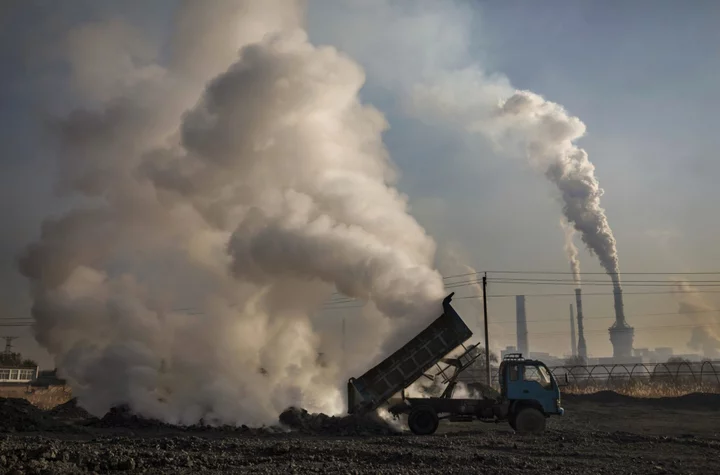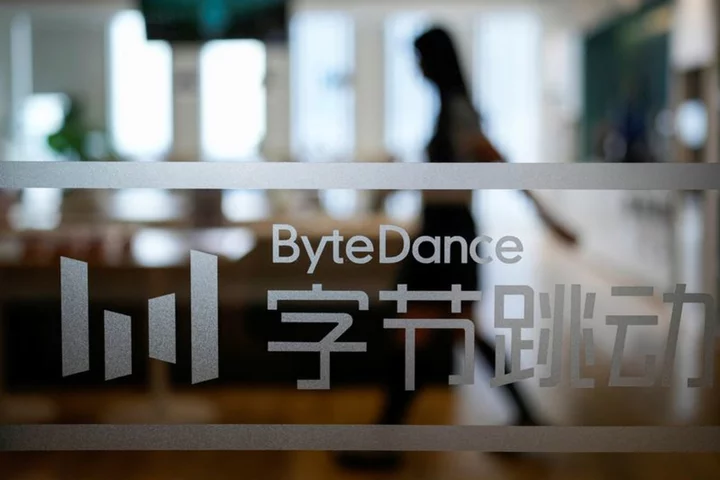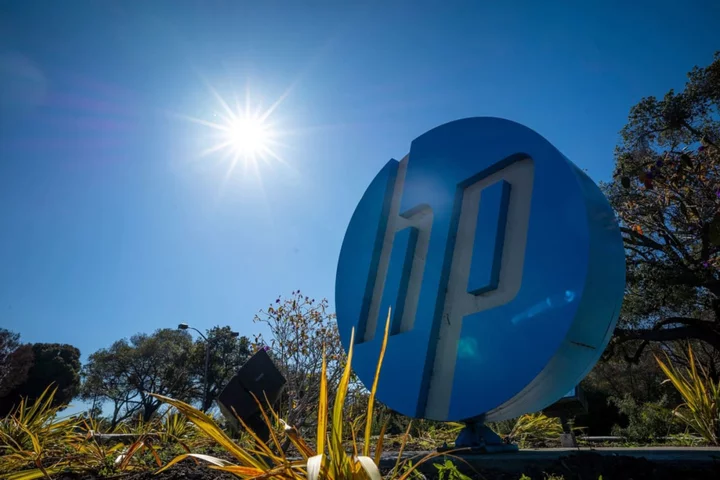China will impose tighter standards on voluntary carbon credits as it revives its long-stalled offsets market.
New China Certified Emissions Reduction credits, or CCERs — which reward activities that help avoid or remove the release of greenhouse gases — may be issued later this year as the Ministry of Ecology and Environment gets new legal powers according to an interim market rule published on Friday.
According to the new regulations, projects that began construction before Nov. 8, 2012, or that generated emissions reductions before President Xi Jinping set the nation’s climate goals in 2020, won’t be eligible to generate new offset credits. Third-party verifiers of credits will also be subject to more scrutiny and face fines as high as 100,000 yuan ($13,667) for data fraud.
Read More: China to Use Offset Market Revival to Support New Climate Action
Trading in offsets and also in a national market for emissions permits has so far underwhelmed in China, with major polluters put under little pressure to accelerate efforts to limit their climate impact. The use of CCERs is intended to spur investment in activities that can help China achieve Xi’s goal of peaking emissions before 2030 and hitting net zero by 2060.
Polluters can use the voluntary credits to offset as much as 5% of their emissions if they don’t have a sufficient volume of government-issued allowances.
The types of projects that have been given internal approvals for generating new offsets include offshore wind, solar thermal power, afforestation and mangrove restoration, according to Song Yutong, an analyst with the London Stock Exchange Group.
The prices of emissions allowances in China’s compliance system have risen to a record this year on high demand as traders anticipated a reopening of the offset system, suspended in 2017 to prevent the creation of a supply surplus. It currently covers only the power sector but is slated to be extended to other industries as soon as next year.
Read more: China Carbon Credit Price Doubled in 2022 on Restart Bets
“It is hoped that the restart would fix liquidity problems,” said Chen Zhibin, senior manager for carbon markets and pricing, at Adelphi, a Berlin-based think tank and consultancy.









